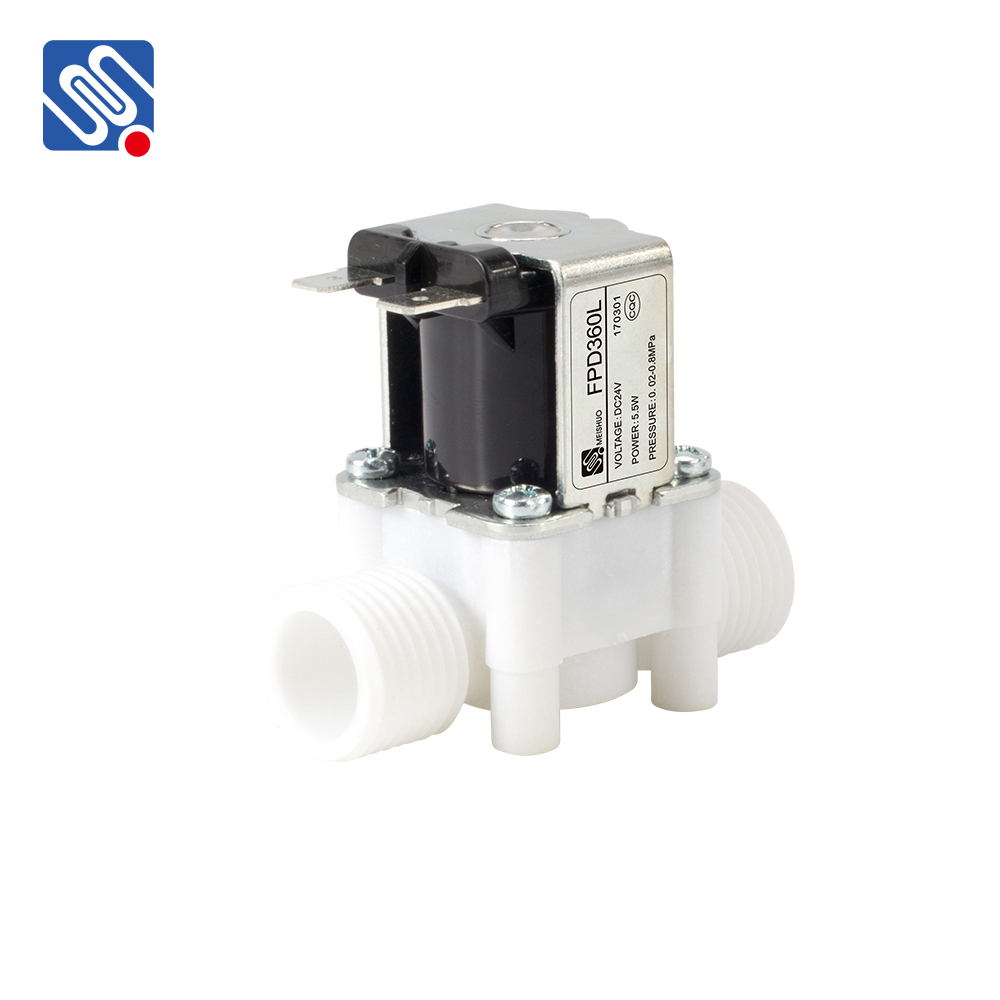understanding plastic water solenoid valve: applications, benefits, and key considerations
Release time:2025-11-08 20:37:44
Plastic water solenoid valves are an essential component in numerous applications that require the precise control of water flow. These valves are widely used in industries ranging from water treatment to home appliances and automated irrigation systems. Their popularity stems from their durability, ease of installation, and cost-effectiveness. In this article, we will explore what plastic water solenoid valves are, their benefits, and the key factors to consider when choosing one for your needs.

What is a Plastic Water Solenoid Valve? A plastic water solenoid valve is an electromechanical device used to control the flow of water in a system. It works by using an electromagnetic coil to move a valve's internal components, which either allow or stop the flow of water. When the coil is energized, it creates a magnetic field that pulls or pushes a plunger or diaphragm inside the valve, thereby opening or closing the flow path. When the coil is de-energized, a spring returns the plunger to its original position, closing the valve and stopping the flow of water. These valves are primarily constructed from plastic materials like polypropylene (PP), polyethylene (PE), or PVC. This makes them resistant to corrosion, chemicals, and other harsh environmental conditions that can affect metal valves. Plastic construction is especially advantageous in water-related applications where traditional metal valves might suffer from rust or corrosion over time.

